The LEZ, an asset for our health
By contributing to the improvement of air quality, the LEZ has become an ally for the health of Brussels residents. Various studies by the World Health Organization (WHO) have highlighted the significant health impacts of poor air quality. The most common consequences are:
- respiratory disorders and conditions (including asthma);
- eye and nasal irritation;
- coughing and bronchitis;
- cardiovascular disease.
The risk of stroke, heart disease, and lung cancer also increases significantly, especially among the elderly, young children, and people with existing health conditions. In the Brussels-Capital Region, exposure to fine particulate matter (PM 2.5), nitrogen dioxide (NO2), and ozone (O3) in the air is estimated to have caused 298, 144, and 175 premature deaths, respectively, in 2024 (source: IRCELINE annual report).
By limiting the circulation of the most polluting vehicles through the implementation of the LEZ, the Brussels Region is taking action to protect the health of its citizens. The benefits of the LEZ are measurable and essential:
- Fewer premature deaths linked to air pollution
- Fewer respiratory (asthma, chronic bronchitis) and cardiovascular diseases
- Savings in healthcare costs.
How will the LEZ impact air quality?
Since its creation on 1 January 2018 and until the end of 2024, the LEZ has contributed to:
- Reduce nitrogen oxide (NOx) emissions from road transport by 55%, PM2.5 emissions by 33% and black carbon emissions by 62% (estimates based on constant mileage);
- Reducing the number of the most polluting vehicles in the Region.
- Maintaining NO2 (Nitrogen dioxide) concentrations in the air below the annual legal limit (40 μg/m³) in the Region.
This is why the Brussels Region became a Low Emission Zone on 1 January 2018. Since then, the most polluting vehicles cannot access it. The timetable provides the phase-out of diesel cars from 2030, and petrol vehicles from 2035. For other categories of vehicle (vans, minibuses, buses, coaches, HGVs, motorized two-wheelers), there is a specific timetable depending on their category.
What benefits are expected after 2026?
Since 1 January 2026, the LEZ has taken a new step towards improving the health of Brussels residents. This phase mainly targets Euro 5 diesel cars and vans. Although newer than previous models, Euro 5 diesel vehicles remain a significant source of air pollution in Brussels:
- According to 2021 sources, they account for around 40% of NOx emissions from cars and nearly 50% of those from vans.
- Health impact: NOx is a severe irritant to the respiratory tract. It aggravates asthma and bronchitis, affecting children, the elderly and vulnerable people in particular.




